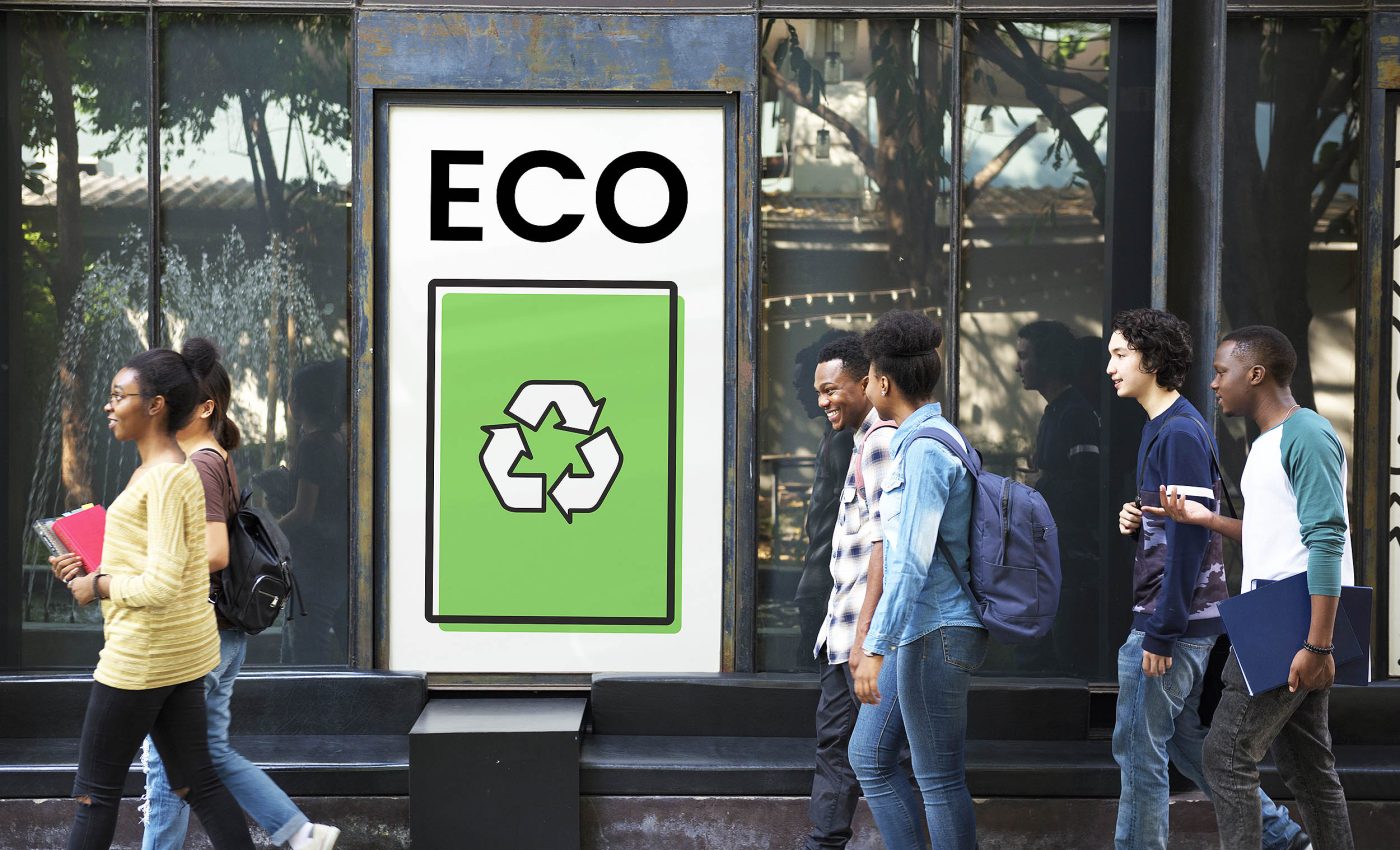
University students are more likely to adopt sustainable behaviors
Going to college nudges most students toward adopting greener, eco-friendly routines and habits. A new study tracked two groups of 16-24-year-olds and found shifts in recycling, travel, and diet that lined up with major life changes.
The work followed students as they entered university and the same age group through the first year of Covid restrictions. The key signal was simple, when schedules flip, habits often budge.
Why students change habits
Researchers call these windows moments of change, short periods when daily context resets and old cues loosen. They are the weeks when a move, a new campus, or a lockdown forces fresh routines and choices.
“Young people’s daily routines are especially malleable during significant life events, offering opportunities for pro-environmental behavior change,” wrote Dr. Kaloyan Mitev, an environmental psychologist at the University of Bath’s Centre for Climate Change and Social Transformations (CAST), who led the project.
The team measured shifts across home practices, diet, travel, shopping, and activism.
The habit discontinuity idea has been tested in field experiments showing that well timed prompts work best right after a relocation. It is not willpower alone, context matters when habits are on the move.
What shifted for students
The transition to university was tied to more recycling and more active travel, walking or cycling for everyday trips. Students also cut back on meat and dairy as they settled into campus life and new kitchens.
At the same time, ethical shopping and environmental activism dipped for first term students. Starting out brought time pressure and fewer in person activities, so the most organized forms of engagement slid.
National monitoring found household food waste fell sharply early in 2020, a 43 percent drop in April that remained lower than before by year end. Those patterns mirror the student sample’s shift toward thriftier kitchen habits.
Government transport statistics show cycling and long walks rose in 2020 even as overall trips fell.
The study, however, picked up a drop in active travel during lockdown among young people, a reminder that local context and distance to services still set the boundaries.
What students’ habits reflect
One thread ran through both samples, values. The team looked at self-transcendence values, priorities that center concern for others and the environment. Those higher on this scale tended to waste less food and eat fewer animal products.
Attitudes helped link values to behavior, but only in certain domains.
In the university cohort, stronger environmental attitudes partly explained the shift to lower animal product consumption, suggesting that beliefs can steer daily choices when the kitchen is yours.
The same pattern did not show up for travel or activism. Those actions run into constraints, distance, timetables, and opportunity. Values still matter, but the road must be open.
The self activation idea, values switching on when context changes, fit best for diet. Students with stronger pro-environmental values reduced animal product consumption the most after arriving on campus.
Why habits differ
Some behaviors are internally controlled, like deciding what to cook tonight. Others rely on networks or infrastructure, like a bike lane, a society meeting, or a nearby store that stocks affordable eco labels.
A concise review of life transitions and habits argues that change sticks when the choice is frequent, doable, and visible.
The student results line up with that, diet and household routines moved first, travel and activism lagged.
Activism also had a practical barrier in 2020. Lockdowns and remote learning cut in person organizing, so even motivated students had fewer chances to show up.
The lesson is clear, timing helps, but scaffolding matters. Give people accessible options when their schedules reset and small wins can accrue.
How universities help
First year is busy, but it is also when many students pick their baseline routines.
Simple infrastructure helps, secure bike parking, safe routes, shared repair stations, and default food options that make low carbon choices the easy ones.
Money mattered too. During spring 2020, 80 percent of students reported concerns about managing finances, according to National Union of Students evidence.
Tight budgets can lower meat intake, but they can also push people away from higher priced ethical goods.
Housing shapes travel. Locating halls and bus stops within a short walk of essential services favors active travel, while clear storage and collection points support recycling that fits student schedules.
Orientation weeks are prime time for habit building. Short, well-timed prompts, cooking sessions, and food waste challenges can anchor new domestic routines while course loads are still settling.
How students carry habits
Policy makers should treat life transitions as routine moments for climate action. Moves, new jobs, and family milestones open small windows that make new habits possible.
Cities and colleges can pre-build supports for these windows. Popup lanes near campuses, starter kits for food saving, and simple digital signups for local climate groups can translate intent into action.
Researchers caution that not all changes will last without reinforcement. Light touch check-ins at one, three, and six months can help keep early wins from fading.
The broader message is hopeful. When the calendar shifts, a little structure can make greener living the default rather than the exception.
The study is published in PLOS Climate.
—–
Like what you read? Subscribe to our newsletter for engaging articles, exclusive content, and the latest updates.
Check us out on EarthSnap, a free app brought to you by Eric Ralls and Earth.com.
—–













